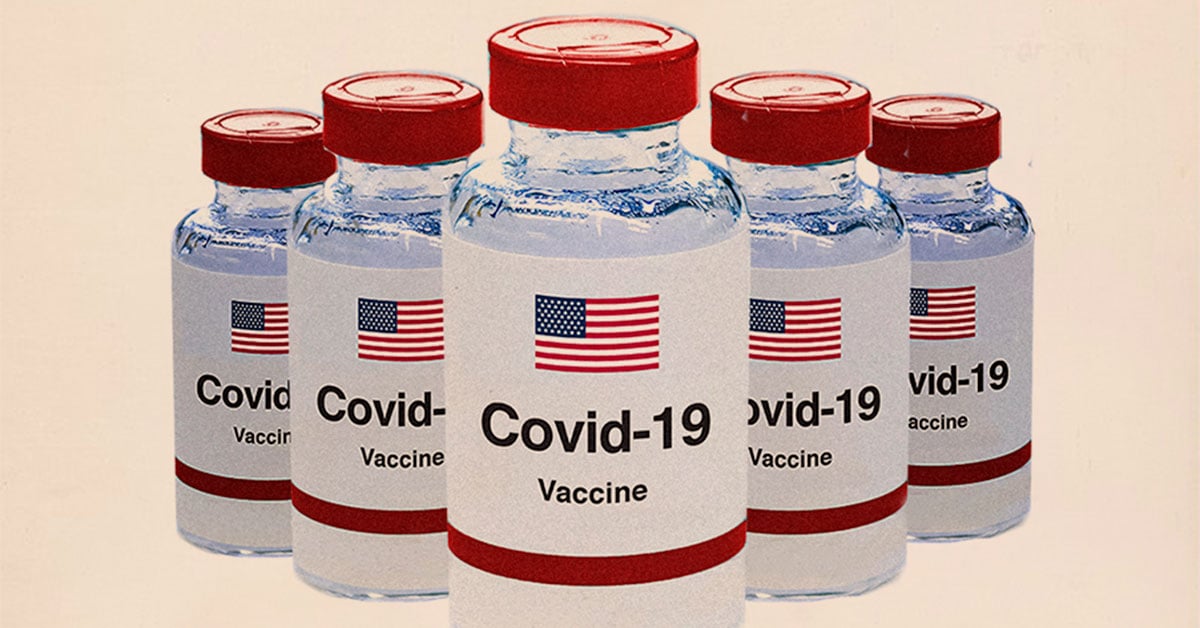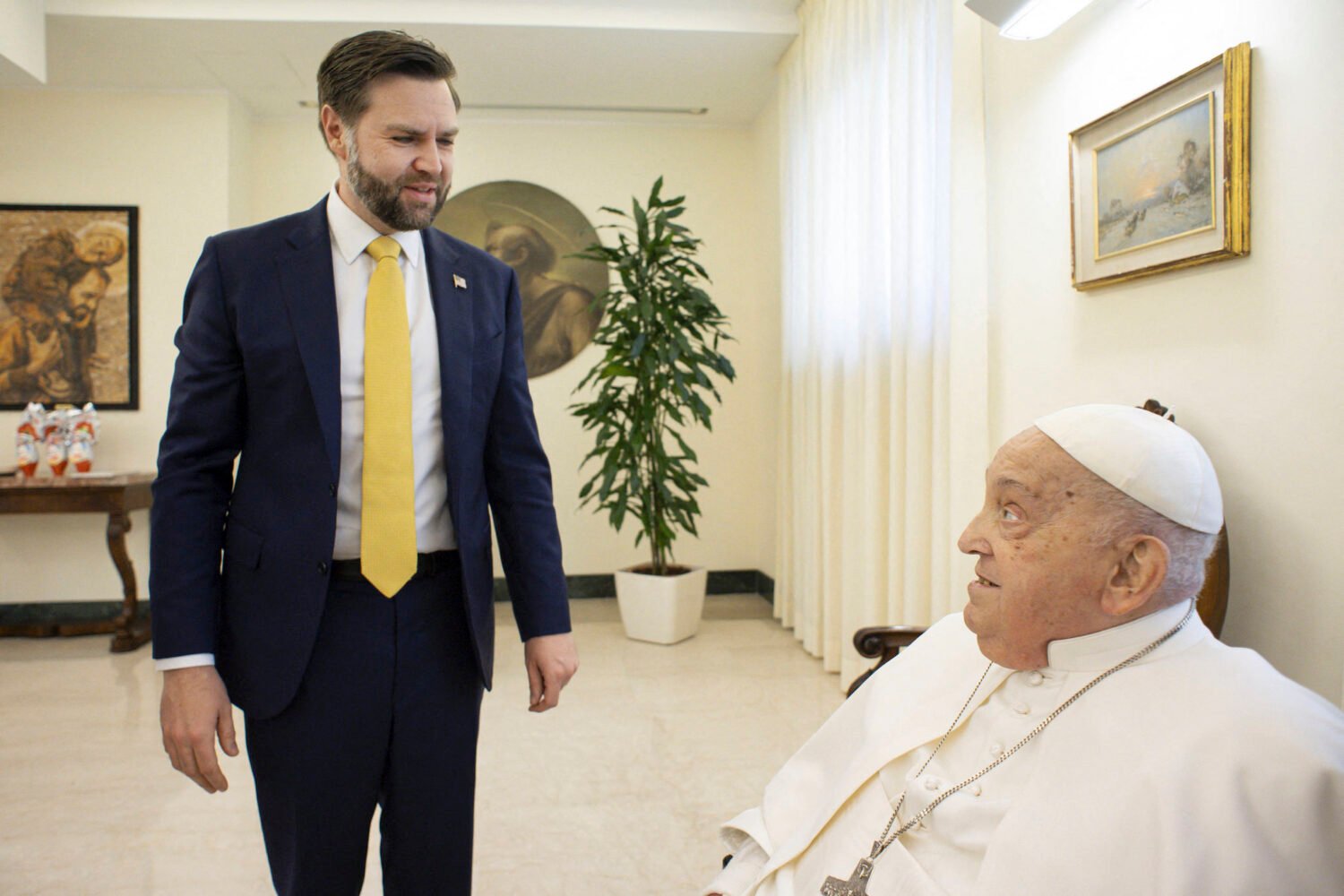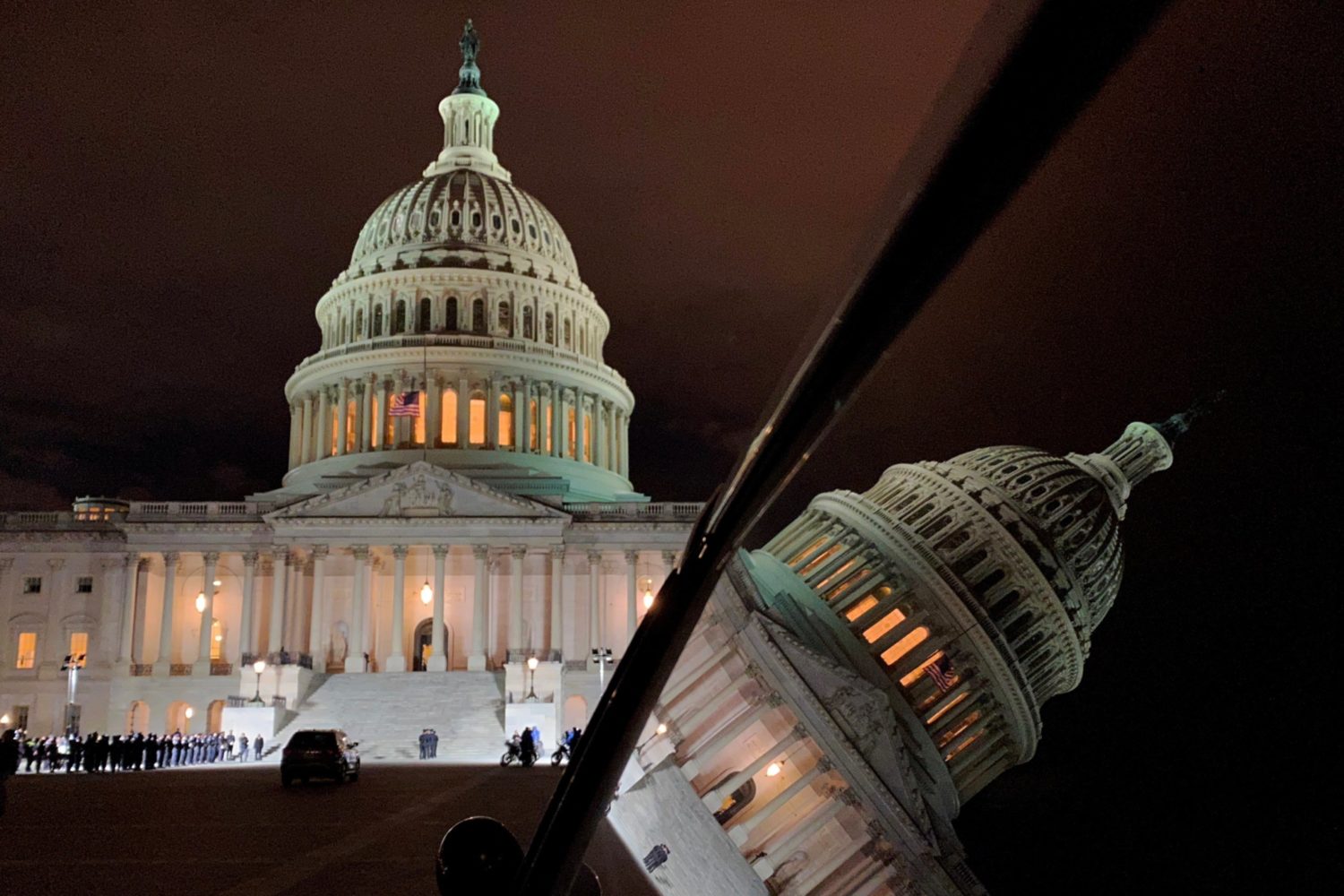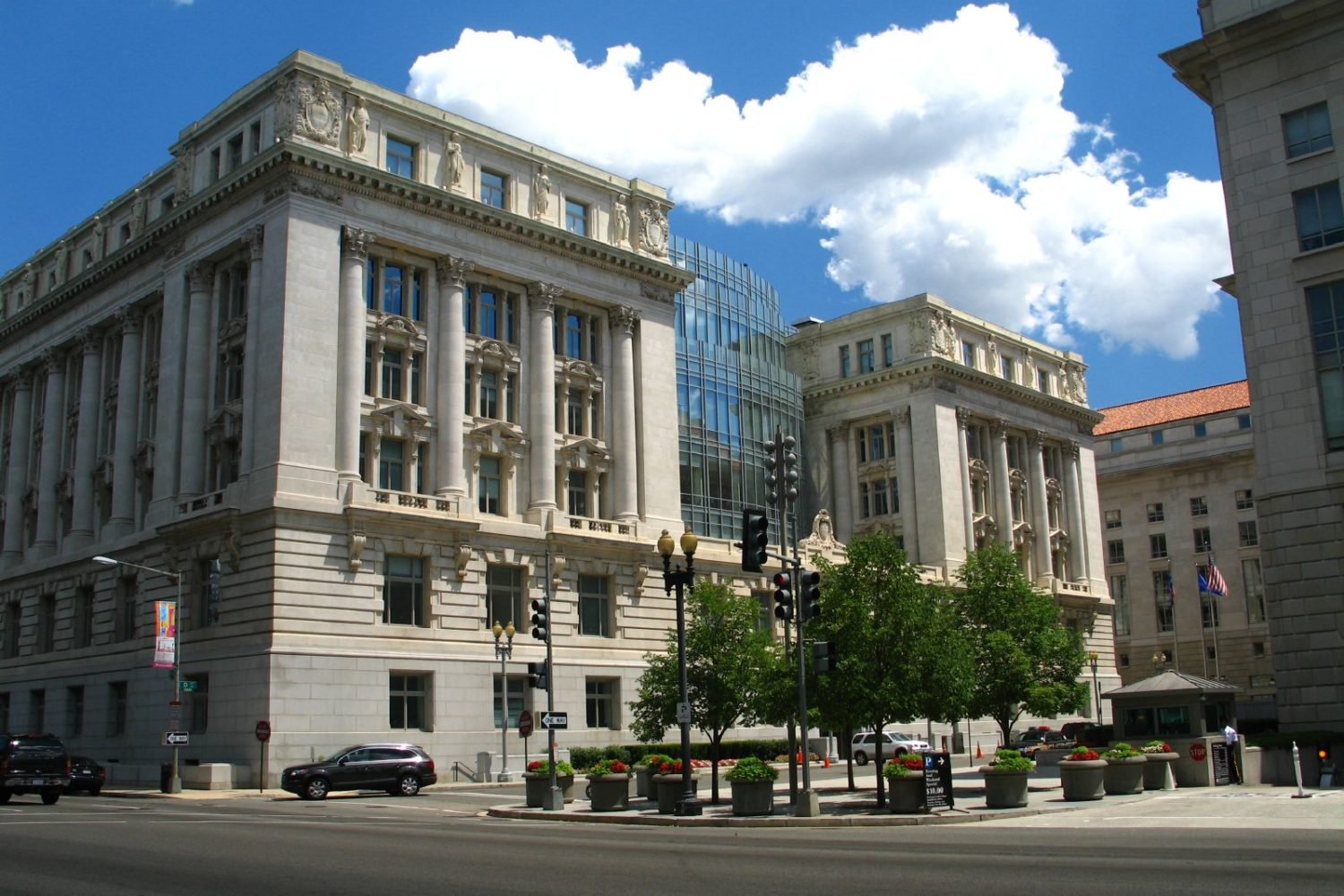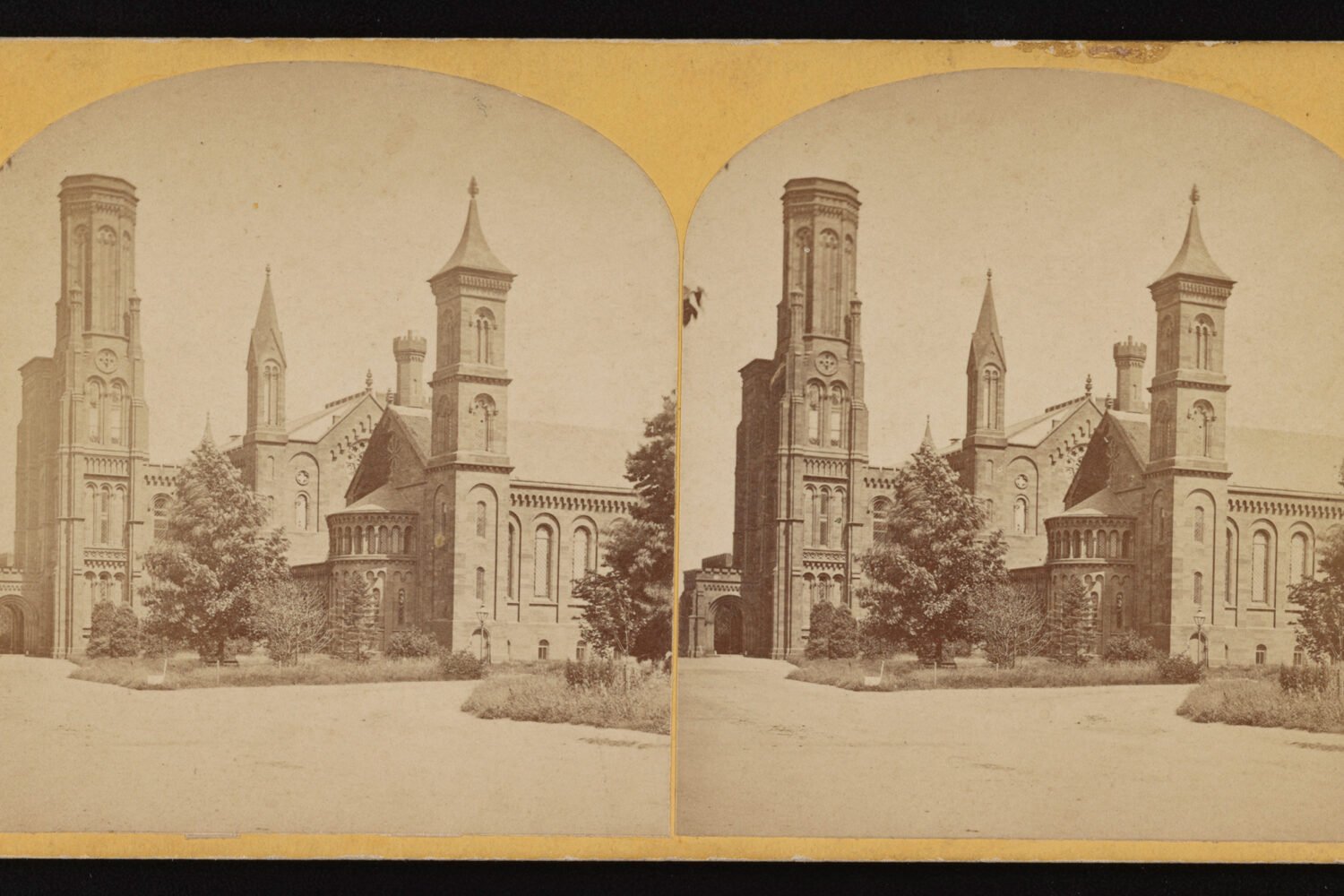DC Health is canceling all Johnson & Johnson vaccine appointments from April 13 through 17 in accordance with new guidance from the CDC and FDA. The two federal agencies are pausing use of the single-dose vaccine while they investigate reports of extremely rare but severe side effects related to blood clotting.
All 1200 individuals who had their appointments canceled will receive a new invitation tomorrow evening to book an appointment for later this week or next week, and DC Health plans to switch to Moderna at sites for unhoused residents. DC will halt use of the Johnson & Johnson vaccine until the FDA and CDC provide further guidance.
Six women in the US between the ages of 18 and 48 developed blood clots within two weeks of receiving the Johnson & Johnson vaccine, according to the New York Times. One woman died, and another woman is hospitalized in critical condition. DC Department of Health Director LaQuandra Nesbitt confirmed today no patients or providers in DC have reported these blood clots. Almost 7 million Americans have received the Johnson & Johnson vaccine.
“We are recommending a pause in the use of this vaccine out of an abundance of caution,” Dr. Peter Marks, director of the Food and Drug Administration’s Center for Biologics Evaluation and Research, and Dr. Anne Schuchat, principal deputy director of the C.D.C., said in a joint statement. “Right now, these adverse events appear to be extremely rare.”
The federal agencies want to ensure providers know what symptoms to look for in patients, and how to administer appropriate care. “Usually, an anticoagulant drug called heparin is used to treat blood clots,” the statement said. “In this setting, administration of heparin may be dangerous, and alternative treatments need to be given.”
It’s unclear how this setback will affect the timeline of the vaccine rollout nationally and in DC. It’s possible the ramifications won’t exceed prior expectations, as a botched batch of Johnson & Johnson vaccine in a Baltimore plant had to be recently thrown out, significantly reducing the supply of the vaccine.

